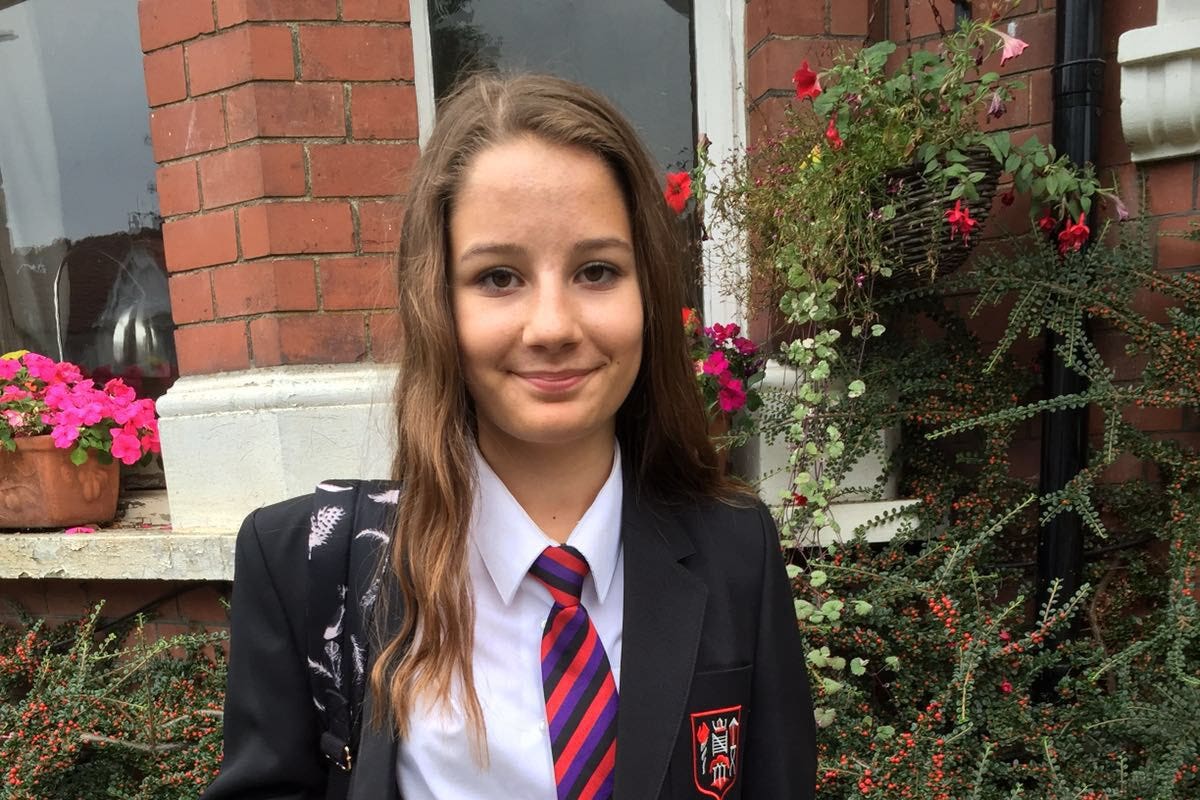Coroner to rule on whether social media contributed to Molly Russell’s death
Coroner Andrew Walker is set to deliver his conclusions on Friday.

A senior coroner is set to make findings on whether social media contributed to the death of schoolgirl Molly Russell.
Coroner Andrew Walker voiced concerns at North London Coroner’s Court about the platforms during the two-week long inquest, saying the opportunity to make social media safe must not “slip away”.
Molly, from Harrow in north-west London, ended her life in November 2017 aged 14, prompting her family to campaign for better internet safety.
The inquest heard how the teenager accessed material from the “ghetto of the online world”, with her family arguing that sites such as Pinterest and Instagram recommended accounts or posts that “promoted” suicide and self-harm.
The head of health and wellbeing at Instagram’s parent company Meta and the head of community operations at Pinterest have both apologised at the inquest for content Molly viewed.
Meta executive Elizabeth Lagone said she believed posts which the Russell family argued “encouraged” suicide were safe when the teenager viewed them.
Pinterest’s Judson Hoffman told the inquest the site was “not safe” when Molly used it.
The inquest was told out of the 16,300 posts Molly saved, shared or liked on Instagram in the six-month period before her death, 2,100 were depression, self-harm or suicide-related.
The court was played 17 clips the teenager viewed on the site – prompting “the greatest of warning” from the coroner.
The inquest also heard details of emails sent to Molly by Pinterest, with headings such as “10 depression pins you might like” and “new ideas for you in depression”.
Mr Walker is due to deliver his conclusions to the court on Friday.
Bookmark popover
Removed from bookmarks